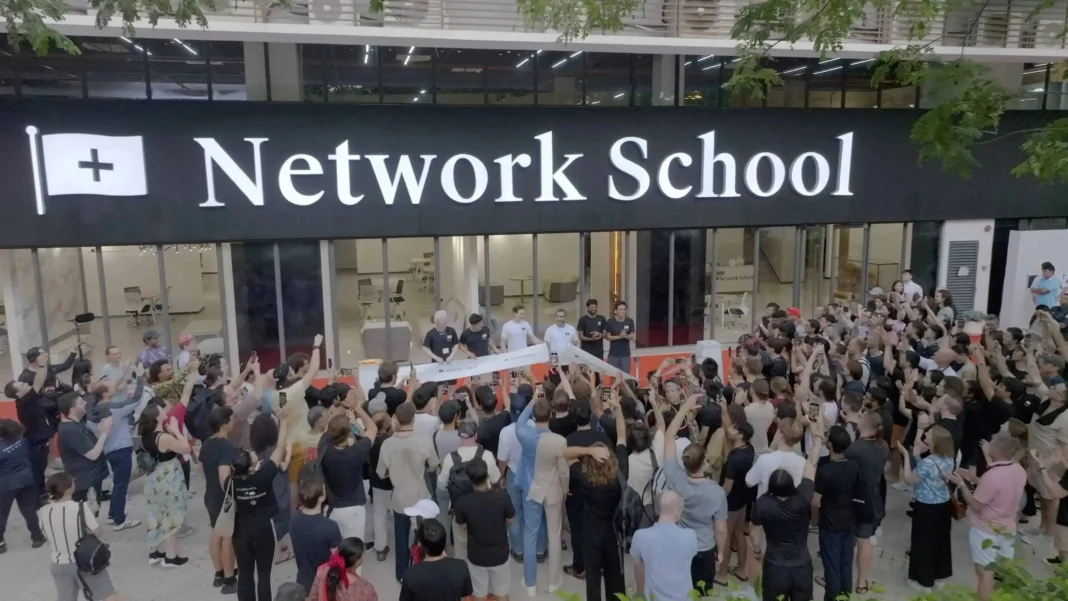IT communities should develop their own cities and countries, not just companies, believes Balaji Srinivasan, the author of the “Network State” concept.
In 2022, former Coinbase CTO Balaji Srinivasan published the book The Network State, where he proposed the idea of “network states” – nations operating fully on blockchain. According to his vision, such systems should be built by startup societies – online communities united by shared values and goals.
Srinivasan conveys his ideas through the Network School, an informal university he launched in 2024 in Malaysia’s special economic zone, Forest City. The institution currently has about 400 students – mainly entrepreneurs and crypto project founders. Bloomberg notes that some even quit their primary jobs to join.
The school is open to “artists, athletes, and technical specialists from any country.” However, to get in, one must share Srinivasan’s worldview – respect “Western values,” believe that Bitcoin can replace the U.S. Federal Reserve, and “trust AI more than courts.”
Applicants are screened through a test where they rate, on a ten-point scale, their views on Solana blockchain, Karl Marx’s ideas, military technology development, feminism, tattoos, carbon footprint, and space exploration.
Selected students spend their mornings working on their own products, and in the afternoons they attend seminars and lectures — covering topics from Japan’s 19th-century reforms and Singapore’s governance model to blockchain communities and the history of Chinese tech companies.
Guest lecturers also participate, including figures from the crypto industry and investment funds. According to students, their talks feel like a mix of “technical presentations and ideological sermons.”
Tuition at Network School costs $1,500–3,000 per month, which also includes hotel accommodation, gym access, and three daily meals focused on a protein-rich diet. The training program and menu were developed by biohacker Bryan Johnson.
Srinivasan is confident his students will be able to “create startup societies, relying on the social, digital, and physical practices acquired at the school.” He plans to build a permanent campus in Forest City and expand with branches in Miami, Dubai, and Tokyo.



